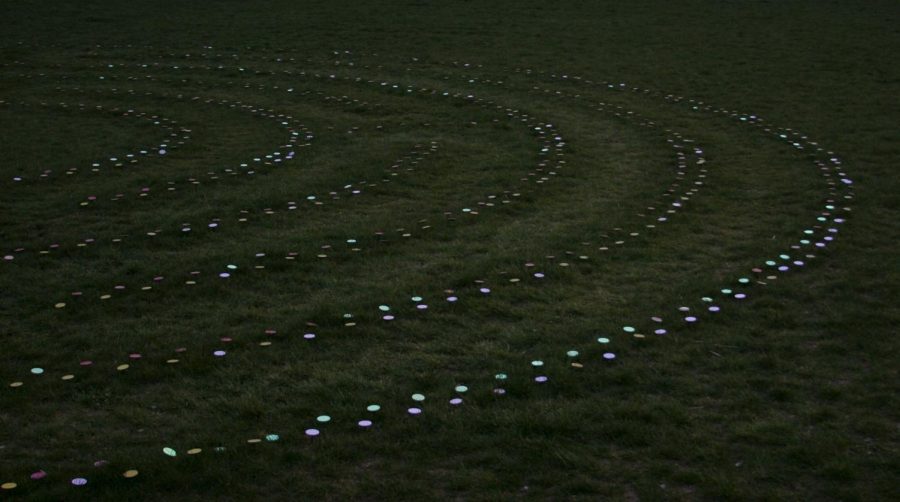On Thursday, April 28, members of the Five Colleges and the Amherst community gathered on Zoom to hear advocates speak about missing and murdered Indigenous women/people (MMIW/P). Hosted by the Women of the Color Leadership Network and Center for Multicultural Advancement and Student Success (CMASS), “MMIW/P: History, Awareness, and Action” featured speakers from the Mashpee Wampanoag Tribe and artist Nayana LaFond.
Talia Landry, communications coordinator for the Mashpee Wampanoag Education Department, and Alexandra Lopes- Pocknett, member of the Indian Child Welfare Act services, began by illuminating the statistical reality of the MMIW/P crisis. Indigenous peoples are not only more likely to be targeted but their cases are less likely to be reported and investigated. In 2016, out of 5,712 reported cases of MMIW/P, only 116 were logged by Department of Justice.
The issue is one of both covert and systemic racism. Even though Native women are 2.5 times more likely to be the victim of a violent attack, there is a pervasive lack of media coverage. More than 95 percent of MMIW/P cases are not covered by national media outlets. Landry and Lopes- Pocknett were clear this is not a gendered issue: 84.3 percent of Native women experience violence and 81.6 percent of indigenous men experience violence in their lifetime.
Landry emphasized that covert racism and stereotypes coded into our culture and institutions play a role in perpetuating this crisis. The 1819 Indian Civilization Fund Act systematically destroyed indigenous culture and broke apart communities, Landry explained. The objectification of native women in popular culture, such as the Disney’s portrayal of Pocahontas, “desensitizes us because it’s filtered through children’s entertainment,” Lopes-Pocknett said.
“The history of American society, as a whole, has dehumanized native people, to show that we’re not really people. [There are] certain things that can be done to people that aren’t really people, right?” Landry said. “That just started that trickle effect of what happens…today in that same mindset.”
Nayana LaFond was introduced as the artist of the event. She undertook the project of painting portraits of indigenous peoples who have gone missing or been murdered. LaFond began the project in mid-2020 when she was inspired by an image shared on social media.
When she shared her interpretation of it, the requests began flooding in. Every day, people send her photos of their loved ones who they want her to paint, most are survivors of violence or are in remembrance of family and friends who have been murdered or missing. The project spans 77 paintings so far and LaFond has no plans to stop.
When Lafond undertakes a new portrait, she sits down with the families and asks them their thoughts on the issue of MMIW/P from their perspective. She noted that her conversations consistently center on the way that victims are blamed and face judgement. The shocking lack of reporting and investigation has become clear, said LaFond.
“Awareness is necessary but it’s the first step,” LaFond said. “Effective change is the next step.”
The speakers collectively emphasized the importance of educating friends and family on the crisis. Lopes- Pocknett highlighted the power constituents have. Voters can encourage their representatives to support legislation that bolsters indigenous communities, such as the Family Violence Presentation and Services Improvement Act.
Additionally, Landry suggested supporting the Lakota Law Call to Action which seeks to ensure the timely implementation of Savanna’s Law. Passed in 2020, Savanna’s Law directs the Department of Justice to review and revise protocols for reporting and investigating missing or murdered Native Americans and report statistics of MMIW/P.
The panelists also suggested learning more about local Native American tribes in the area and attending community events, such as powwows. The 2nd annual Odenong Powwow will be held on the Amherst Common May 28th starting at 10 a.m. The Mashpee Wampanoag Tribe are also planning to host a powwow the first weekend in July. “You can come out and support the indigenous community in a respectful way, and you’re more than welcome. So, please come. And educate your own children, educate yourselves.” LaFond said.
Grace Fiori can be reached at [email protected].




















